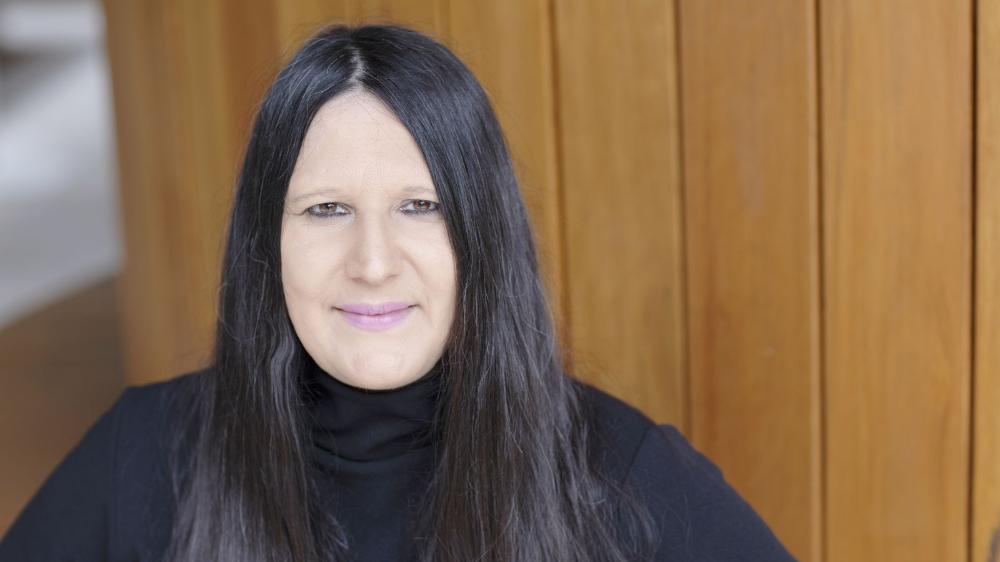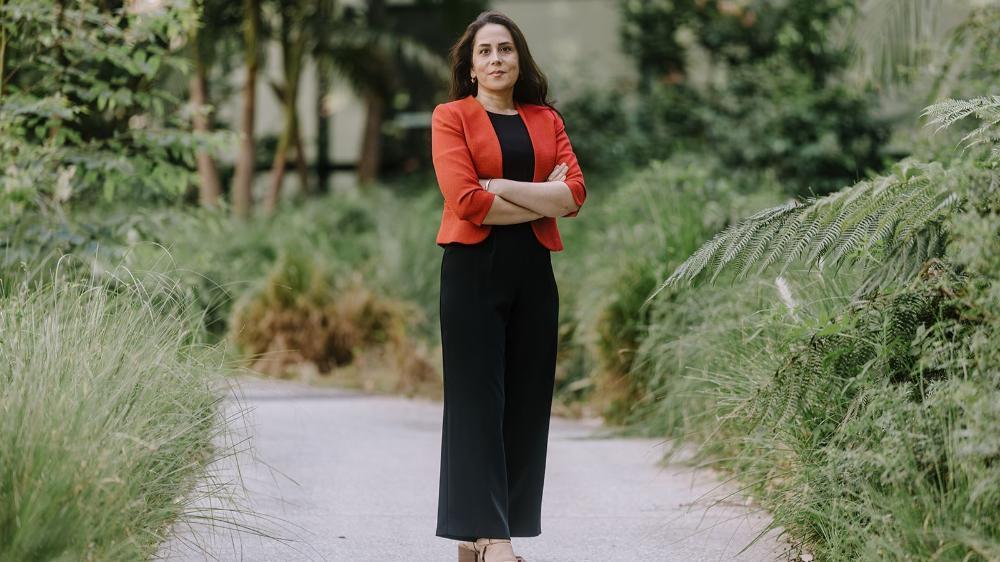:format(jpg)/prod01/channel_3/assets/media-centre/Mona-Nikidehaghani-499X281.jpg)
How accounting can make the NDIS more equitable
The National Disability Insurance Scheme must be transformed to better serve First Nations communities
April 2, 2024
When accounting practices are adapted to respect and include First Nations perspectives, they can become a powerful tool for change.
First Nations people in Australia face a higher risk of disability, with their struggles deeply connected to the country’s history of colonisation, ongoing racism, and the social challenges of living with disabilities. These challenges are even more significant for those in remote areas, where jobs are scarce, living conditions are poor, and access to health care and support services is limited.
The funding that supports disability services is crucial, but unfortunately, the unique needs of First Nations people have often been overlooked, leading to significant gaps in the support they receive compared to the wider population. So, how can we bridge this gap?
Our recent study, investigates how accounting — often seen just as a number crunching practice — can play a crucial role in transforming the National Disability Insurance Scheme (NDIS) to better serve First Nations communities, especially those in remote areas.
We focused on the public hearings of the recent Disability Royal Commission and examined how the NDIS’s funding approaches impact First Nations people with disabilities living in remote communities. A key idea we explored is creating a "third space" that blends Western and First Nations perspectives to reform the NDIS funding model. Our goal was to ensure that First Nations viewpoints on what proper care and support look like are integrated into the NDIS.
Disability services need to respect and include First Nations cultures. Funding models, which give individuals the power to choose and pay for their services, might not fit every community’s needs. Recognising and respecting this diversity is crucial. We also see accounting as more than a calculative tool; it can build a bridge between cultures and help develop inclusive support systems.

The challenges with current NDIS models
First Nations communities view support and care as a collective responsibility, deeply rooted in community. However, the NDIS promotes a model that focuses on individual funding, which does not align with First Nations values, especially in remote areas.
In fact, as the Commission heard: NDIS accountability model is completely culturally inappropriate since it does not understand “who they are” and “what they value”. This approach is not only culturally inappropriate but also leaves First Nations people at a disadvantage, as it fails to connect them with their cultural roots and adequately support their needs.
We also need to remember the inherent distrust First Nations have of institutional care, which is rooted in the colonisation, and racism these communities have experienced. Hence, the individualised funding model of the NDIS, which does not incorporate the cultural perspectives of First Nations people, could continue to “impose colonial systems that have never worked for them”.
How accounting can help
Our findings highlight that when accounting practices are adapted to respect and include First Nations perspectives, they can become a powerful tool for change. For instance, if the NDIS could fund services that the whole community supports and manages, it could lead to better outcomes for individuals, reduce the overall NDIS costs, and strengthen community bonds. Such an approach would recognise the importance of collective care and could even create small economies within communities, benefiting both First Nations people and the broader Australian society.

Report co-author and Senior Lecturer Mona Nikidehaghani
Recommendations for a more inclusive NDIS
Our study suggests actionable steps to restructure the NDIS funding model, making it more inclusive and effective for First Nations communities, particularly those in remote areas.
A collaborative approach
We advocate for a partnership model where government agencies work hand-in-hand with First Nations communities. This approach should focus on building local capacities and empowering communities through education and skills development. By investing in community-driven solutions, we not only enhance the effectiveness of support services but also encourage the growth of local economies, benefiting both the individual communities and the wider Australian society.
Community-based funding models
Adjusting the NDIS to fund community-based approaches rather than individual-only models can lead to more culturally appropriate and effective care. This model acknowledges the central role of the community in providing care and support, aligning with First Nations values of collective responsibility. Such restructuring could also prove to be more cost-efficient in the long run, reducing reliance on external services and fostering community resilience.
Accounting as a bridge
Accounting professionals and academics have a unique role to play in bridging the gap between current practices and the need for a more inclusive system. By developing funding models that incorporate First Nations perspectives, accountants can help ensure that the NDIS respects and values the diverse ways communities approach care and support. Collaborating with First Nations communities to advocate for and design these models is essential for creating a system that truly serves all Australians.
Broad collaboration for a more equitable system
Finally, fixing the NDIS requires a united effort among First Nations peoples, researchers, policymakers, and community organisations. This partnership is crucial for ensuring authentic representation and for challenging the remnants of colonial systems within Australian society.
While the creating a more inclusive system might be challenging, we believe a collaborative approach can lead to a more equitable and respectful system.
About the research
Decolonising the NDIS: a third space to account for First Nations’ values is published in the Journal of Accounting, Auditing and Accountability and can be accessed at: https://doi.org/10.1108/AAAJ-01-2023-6258
The authors of this study include UOW School of Business researchers Senior Lecturer Mona Nikidehaghani and Senior Lecturer Sanja Pupovac.